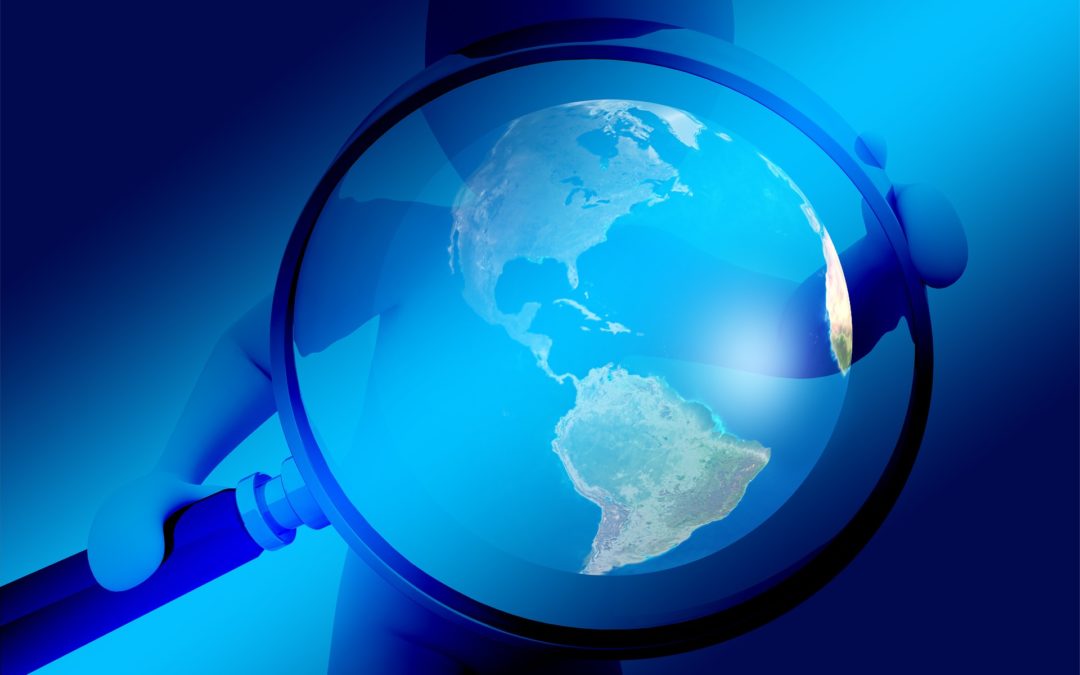This symposium was a follow-up to the highly successful sold-out evening program moderated by Science Friday’s Ira Flatow: “Science Denialism, Public Policy, and Global Health,” held on June 28, 2018.
On November 2, 2018, the New York Academy of Sciences and Rutgers Global Health Institute co-presented a day long symposium in New York City that delved into the history and cultural motivations of, challenges presented by, and future solutions to science denial.
“Those who deny science defy simple categorization—someone might be highly educated, politically liberal, accepting of climate change, but fearful of vaccines. We can no longer dismiss this problem as a lack of education, or ascribe it to one political ideology,” said Kari Fischer, program manager at the Academy. “Historical context and current research will be our guide as we seek to better understand the ‘why’ of science denial, and we are excited to share innovative ideas for reaching the ‘unreachable’ audience.”
Richard Marlink, director of Rutgers Global Health Institute, witnessed HIV/AIDS denial firsthand. “More than 330,000 people died in South Africa and 35,000 babies were born infected with HIV because of the ripple effects of science denialism,” Marlink said, recalling when that country’s government wouldn’t allow antiretroviral treatment drugs to be brought in, from 2000–2005, because the South African president was influenced by a scientist denying the clear evidence that HIV caused AIDS. “Despite the science, one vocal person’s false message contributed to these catastrophic consequences. A similar dynamic is unfolding with respect to climate change—with even more voices and new ways to communicate. From increases in weather-related disasters to the spread of disease-carrying mosquitoes, climate change is a serious threat to human health and life.”
Attendees also heard from some of the world’s leading experts in public health, communications, the history of science, journalism, and public policy. Livestream videos of the day’s presentations can be accessed from the links below.
Session I: The History of Science Denial and its Consequences for Global Health
Panel Session Moderator: Sheldon Krimsky, PhD, Tufts University
Panelists: Arthur Caplan, PhD, NYU School of Medicine; Elena Conis, PhD, UC Berkeley; David Rosner, PhD, MPH, Columbia University Mailman School of Public Health; David Scheer, MS, Scheer & Co.; Nancy Tomes, PhD, Stony Brook University
Session II: Understanding the Spread of Science Denial
Panel Session Moderator: Timothy Caulfield, LLB, LLM, University of Alberta
Panelists: Cornelia Betsch, PhD, Universität Erfurt; Michael Dahlstrom, PhD, Iowa State University; Kelly Greenhill, PhD, Tufts University, Harvard University; Miriam Metzger, PhD, UC Santa Barbara
Keynote and Session III: Overcoming Science Denial: Studying the Successes and Failures
Keynote Lecture: Denial or Distrust?—On Not Solving the Wrong Problem with Sheila Jasanoff, PhD, Harvard Kennedy School
Panel Session Moderator: Richard Marlink, director of Rutgers Global Health Institute
Panelists: Allan Brandt, PhD, Harvard University; Hoosen Coovadia, MD, University of KwaZulu-Natal; Amanda Dempsey, MD, PhD, MPH, University of Colorado, Denver; Cathy Techtmann, MS, University of Wisconsin-Extension
Session IV: Elevating Science in Public Policy and Public Discourse
Panel Session Moderator: Tiffany Lohwater, AAAS
Panelists: Dominique Brossard, PhD, University of Wisconsin-Madison, Morgridge Institute for Research; Tamar Haspel, The Washington Post; Liz Neeley, MA, The Story Collider; Jerry Taylor, Niskanen Center

